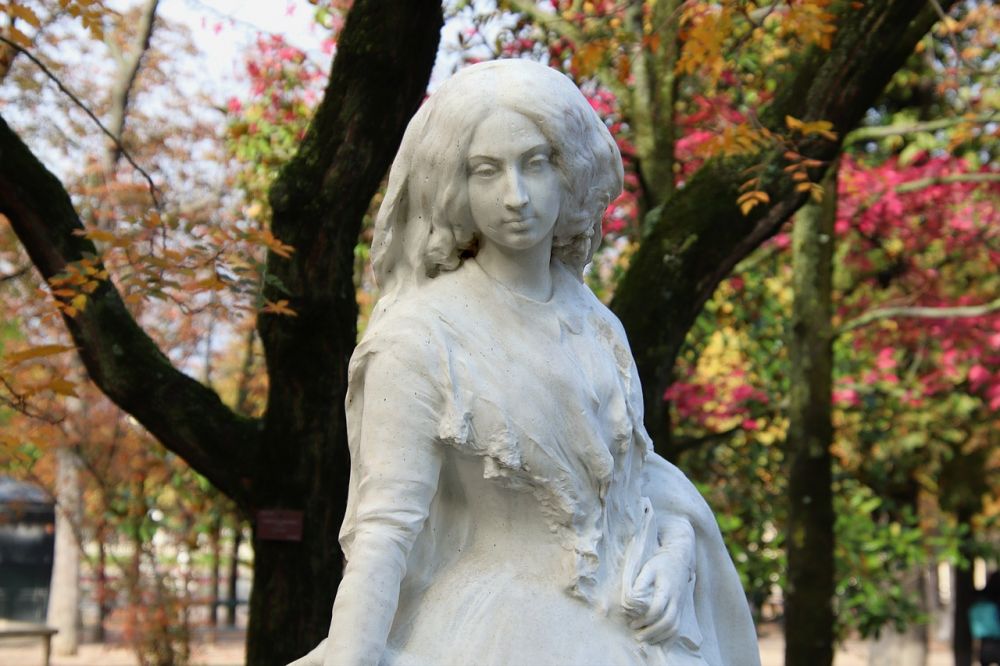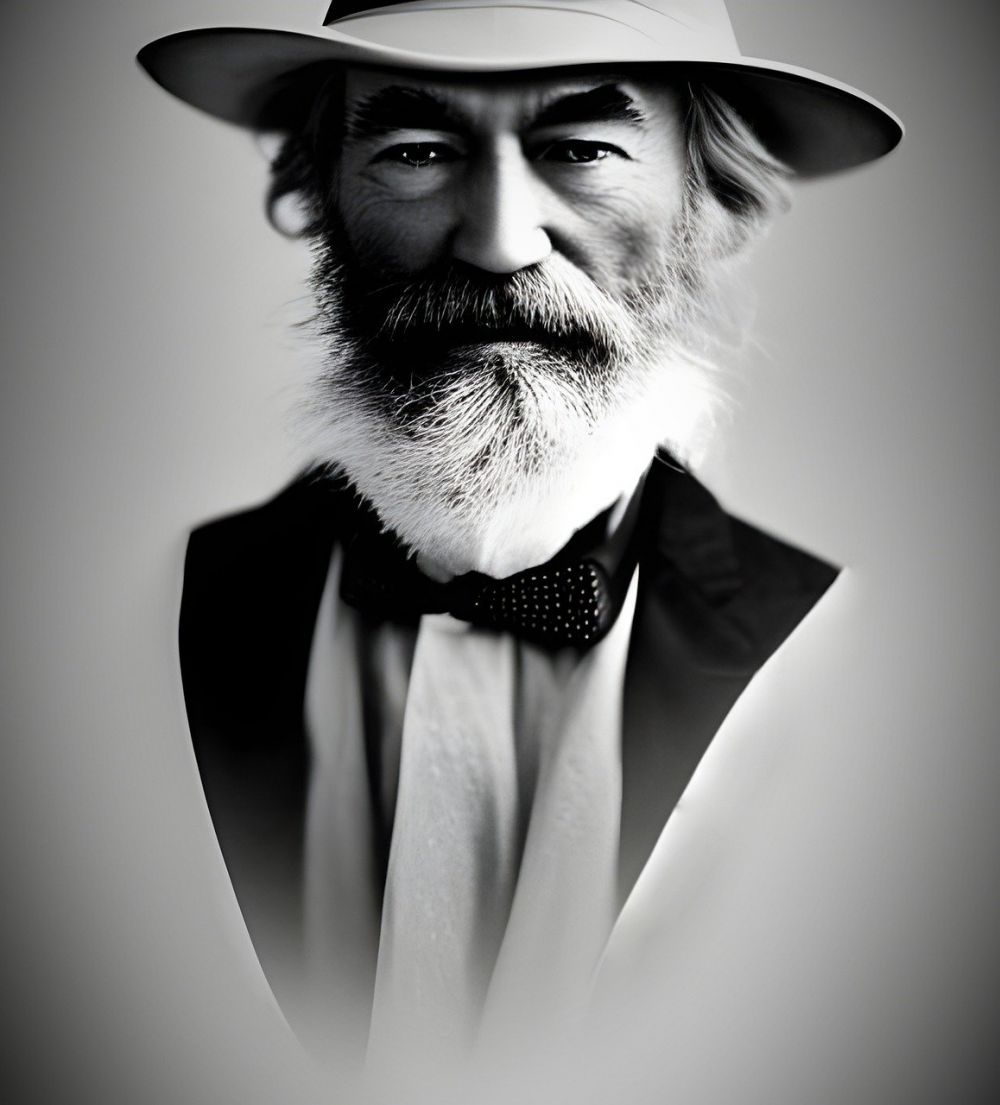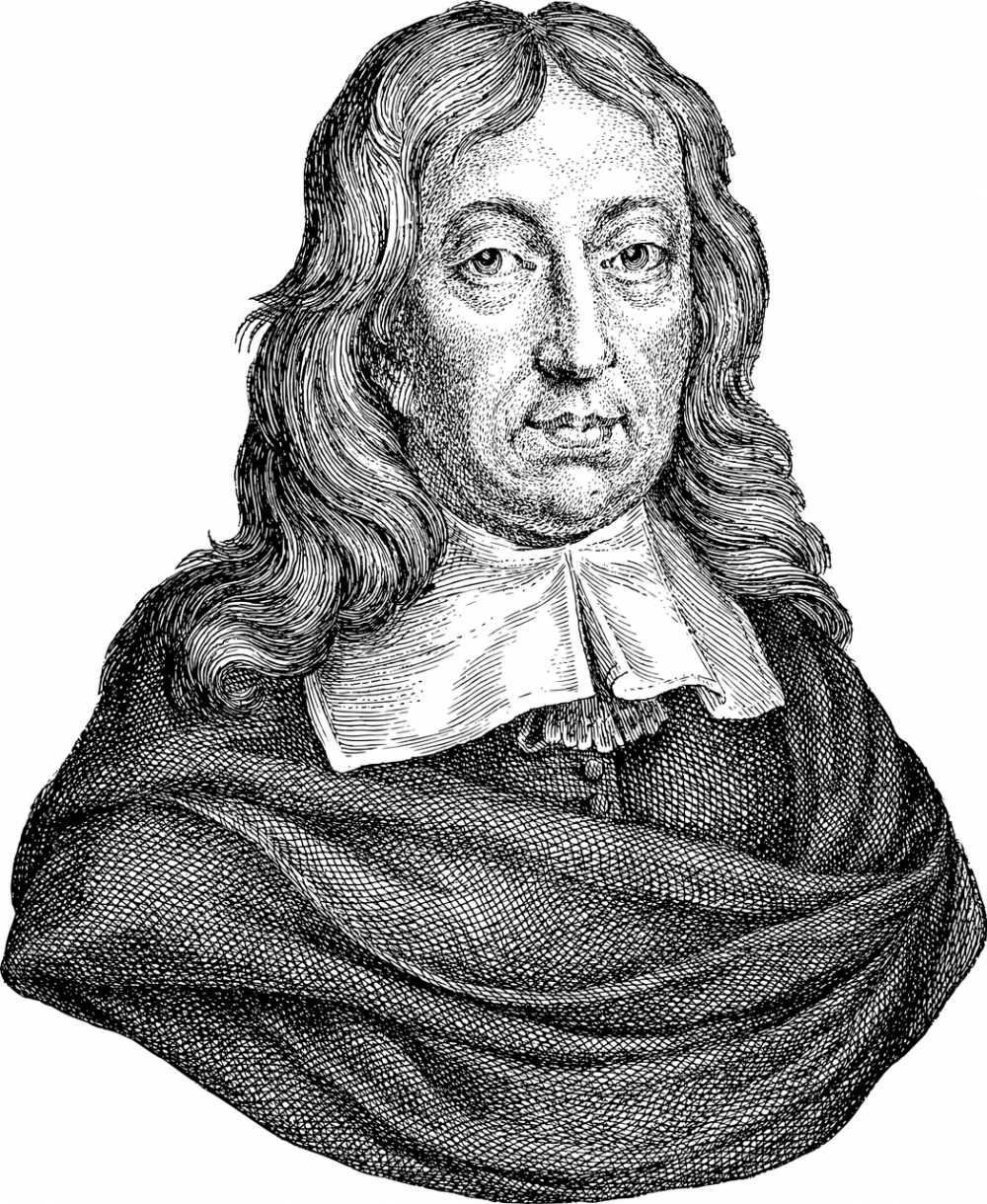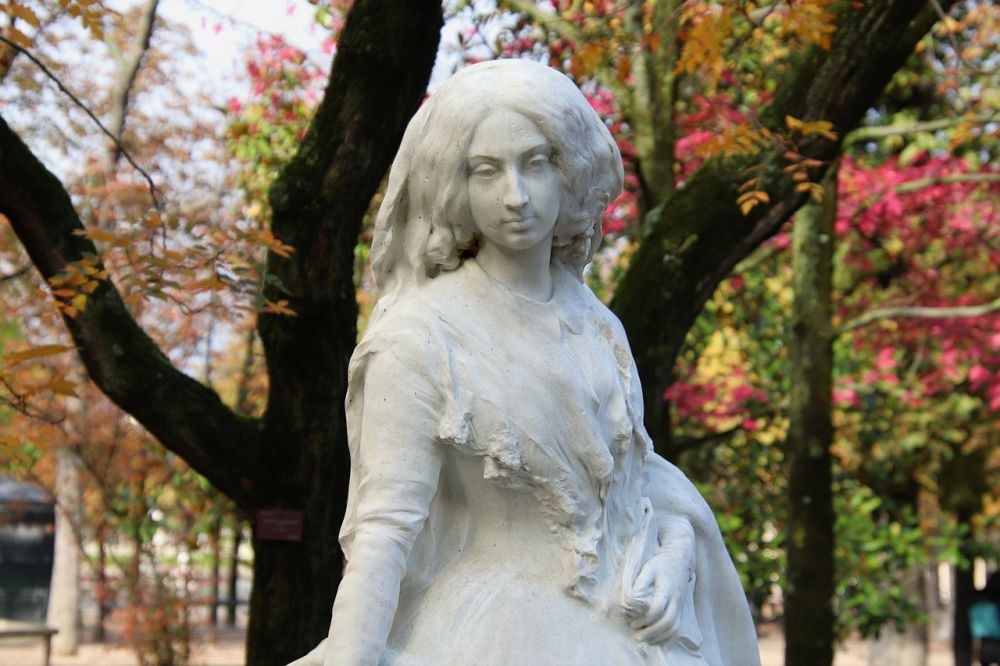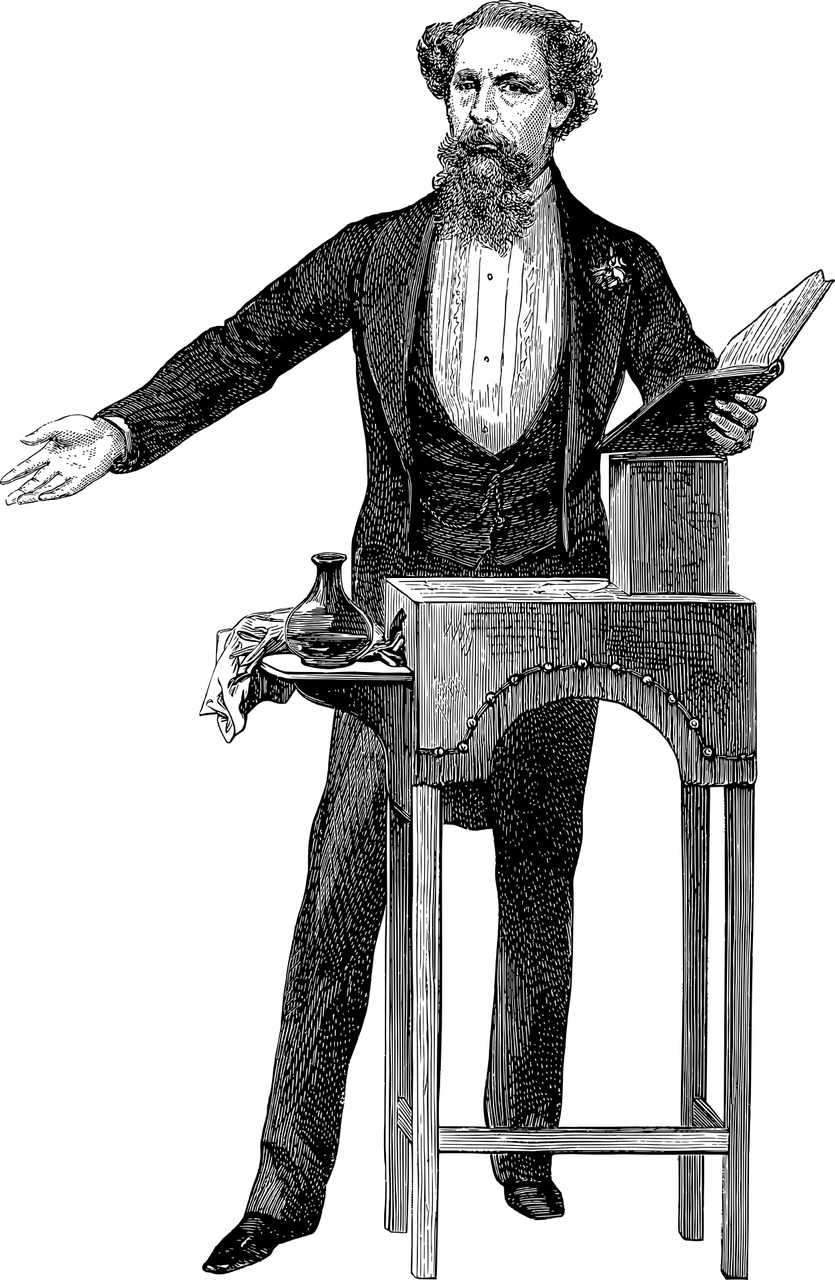Franz Kafka: A Literary Genius with an Enigmatic Existence
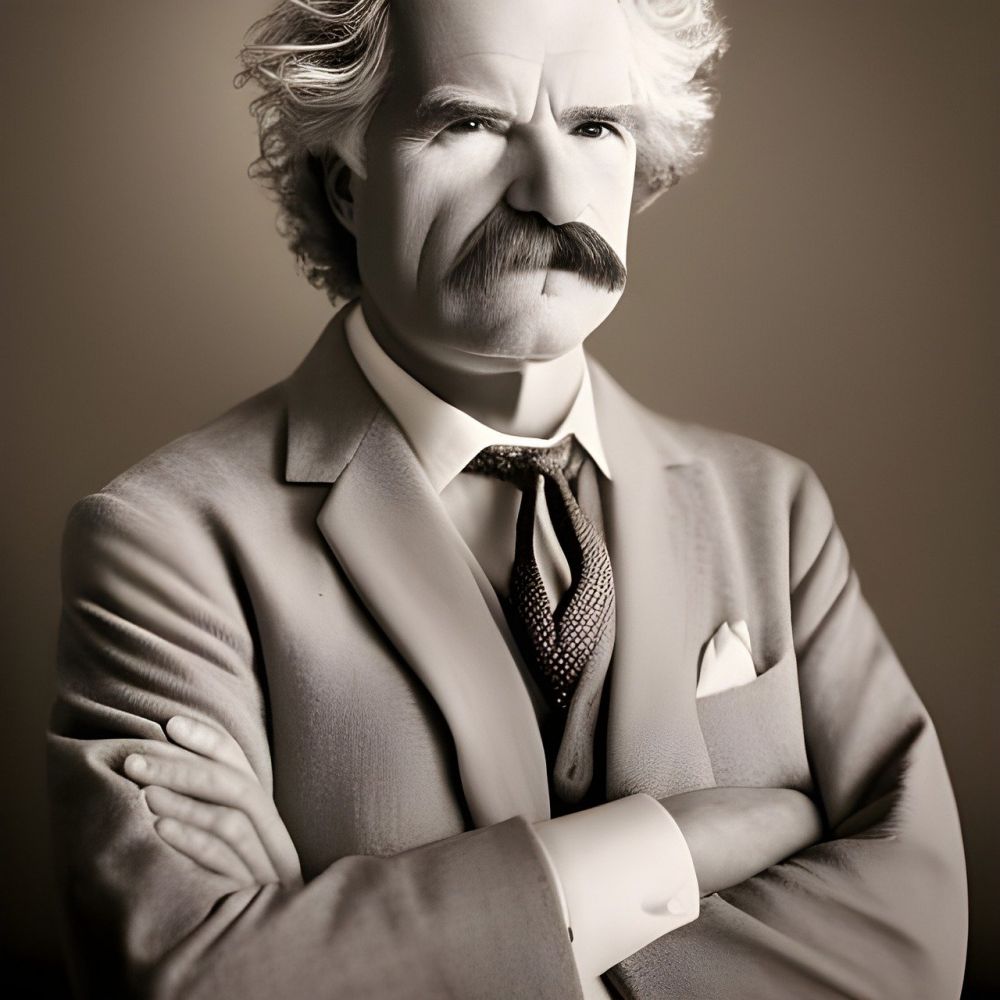
Introduction:
Franz Kafka, widely regarded as one of the most influential writers of the 20th century, was born on July 3, 1883, in Prague, which was then part of the Austro-Hungarian Empire. Kafka’s work explores themes of alienation, guilt, and absurdity, reflecting his own personal struggles and existential anxieties. In this article, we will delve into Kafka’s life, his evolution as a writer, and his enduring legacy.
Section 1: Understanding Franz Kafka (Featured Snippet)
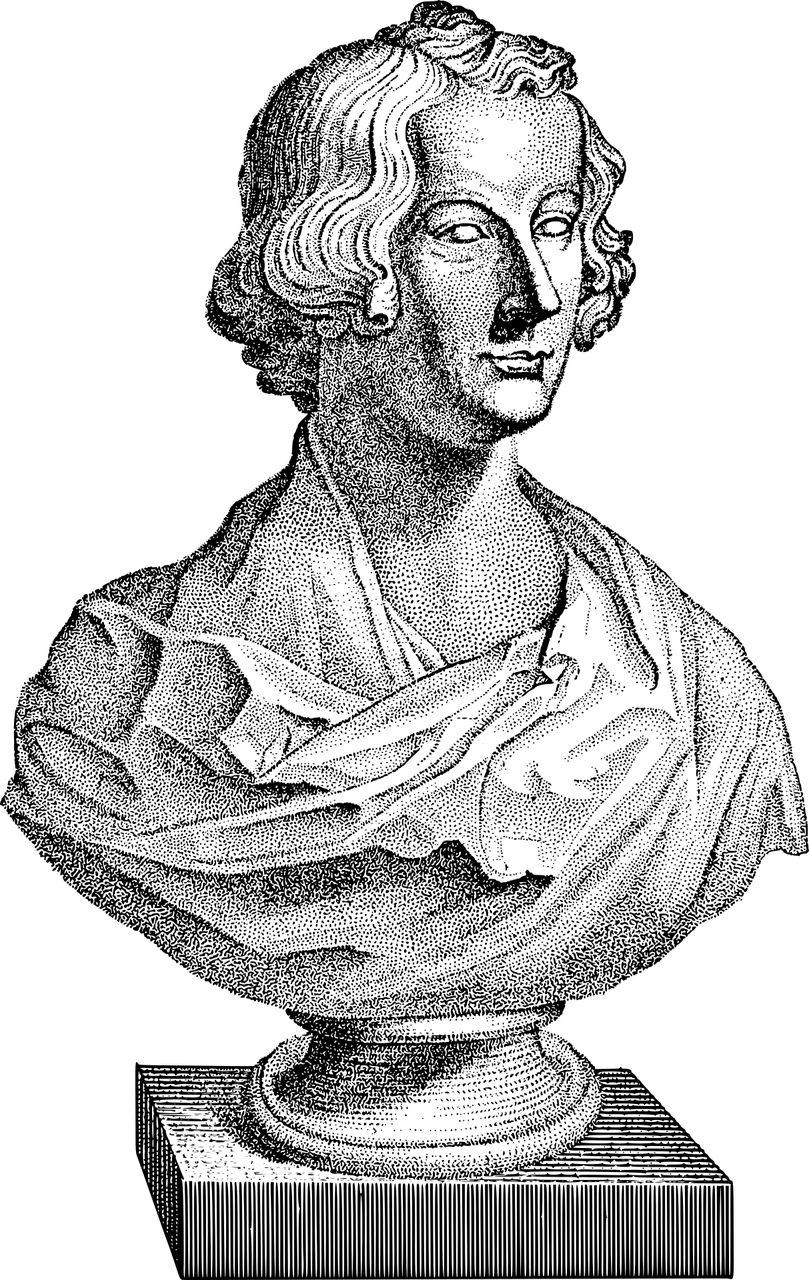
Franz Kafka’s literary genius lies in his ability to capture the intricacies of the human condition through his unconventional narratives. His works are characterized by a blending of reality and fantasy, often exploring the absurdity of bureaucracy, the dehumanizing effects of modern society, and the individual’s struggle for identity.
Key points for understanding Franz Kafka:
– Kafka’s writing style: His prose is characterized by its meticulous attention to detail and a distinctive blend of dark humor and despair. This unique style, often referred to as “Kafkaesque,” has become synonymous with surreal, nightmarish scenarios and the absurdity of human existence.
– Themes in Kafka’s work: Alienation, guilt, and the search for meaning are recurring themes in Kafka’s stories. His protagonists often find themselves trapped in oppressive systems and face insurmountable obstacles, leading to feelings of helplessness and despair. The ambiguity of his narratives allows readers to interpret his work through multiple lenses, making his writing timeless and universally relevant.
– Influence on literature and beyond: Kafka’s impact extends far beyond the realm of literature. His exploration of the human psyche and his portrayal of bureaucracy’s dehumanizing effects have influenced generations of writers, filmmakers, and artists. Scholars and enthusiasts continue to analyze and interpret Kafka’s work, keeping his legacy alive.
Section 2: The Evolution of Franz Kafka (h2)
The early years: Kafka grew up in a middle-class, German-speaking Jewish family. He studied law at Charles-Ferdinand University in Prague but always had a passion for writing. During this period, he began to develop the distinctive writing style that would make him famous.
Working years and personal struggles: Kafka worked as an insurance clerk for most of his adult life, dedicating his free time to writing. His attempts to balance his creative aspirations with the demands of his day job often led to frustration and further feelings of alienation. Kafka’s personal life was marked by strained relationships with his family and unresolved love affairs, contributing to his deep sense of isolation.
Posthumous recognition: Kafka’s genius remained largely unrecognized during his lifetime. It was only after his death in 1924 at the young age of 40 that his close friend and literary executor, Max Brod, published most of Kafka’s work. Their publication brought Kafka’s writing to the attention of the literary world, cementing his reputation as a literary giant.
Section 3: Kafka’s Legacy (h2)
Kafka’s influence on literature and the arts has only grown over the years. His works continue to captivate readers worldwide, and his ideas resonate across cultures and generations.
– Literature: Many renowned authors, such as Gabriel García Márquez and Jorge Luis Borges, have cited Kafka as a significant influence on their writing. His works have been translated into numerous languages, ensuring his reach among different literary traditions.
– Film and theater: Kafka’s narratives, with their surreal and enigmatic qualities, have inspired countless filmmakers and theater directors. Directors like Orson Welles and David Cronenberg have adapted his works for the screen, capturing the essence of Kafka’s world on film.
– Art and philosophy: Kafka’s exploration of existential themes has also had a profound impact on philosophy and visual arts. His notions of alienation and the absurd have inspired thinkers and artists alike, such as Albert Camus and Salvador Dalí. Their interpretations and reactions to Kafka’s work have sparked countless debates and further enriched his legacy.
Conclusion:
Franz Kafka’s literary contributions continue to fascinate and challenge readers today. His unique writing style, coupled with his exploration of existential themes, have established him as a prominent figure in the literary canon. Kafka’s ability to tap into the absurdities and anxieties of the human condition ensures that his legacy will endure for generations to come. Explore Kafka’s works and uncover the enigmatic world he constructed a world that holds a mirror to our own existence and invites reflection.
